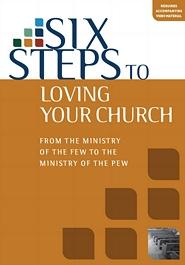I write one day after ANZAC Day. This dates from a battle of World War 1, which started a century ago. Next year, it will be 100 years since the Gallipoli landing – the key date for ANZAC memory.
With all these centenaries, there’s been plenty of media. There’s a guarantee that there will be so much more media coverage on 25 April 2015.
This made me realise something about history and the generations. I am old enough (still under 50) to have met WW1 veterans and talked about their military experience. My children will never know a WW1 veteran. One hundred years on, and I am one generation removed – but we are definitely into the stage of two generations removed.
One hundred years after Jesus’ execution and resurrection, there were people still around who had met eyewitnesses. The most famous claim is that Polycarp was a disciple of the apostle John. I guess (as a non-historian) it’s hard to verify the certainty of this. Yet it illustrates a point: it was perfectly reasonable that a man who died in 155 AD could have known an eyewitness to Jesus’ activities in the 30s AD.
it was perfectly reasonable that a man who died in 155 AD could have known an eyewitness to Jesus’ activities in the 30s AD
Remember also that every book of the New Testament was written before 100 AD, many within even 30 years of Christ’s cross. These writings are so many, and from numerous authors – we don’t rely on one partial scrap of a single piece of writing.
So it surprises me that people seriously consider that there was no Jesus, no Easter, no resurrection proclaimed, no truth in the record of Jesus’ teaching.
If there’s something certain in the nature of Christianity, it’s that our faith claims real historical basis. It’s a basis I’ve never seen effectively undermined.



